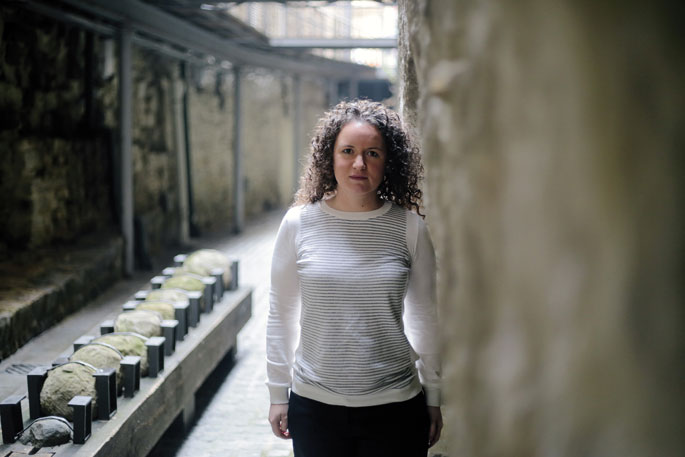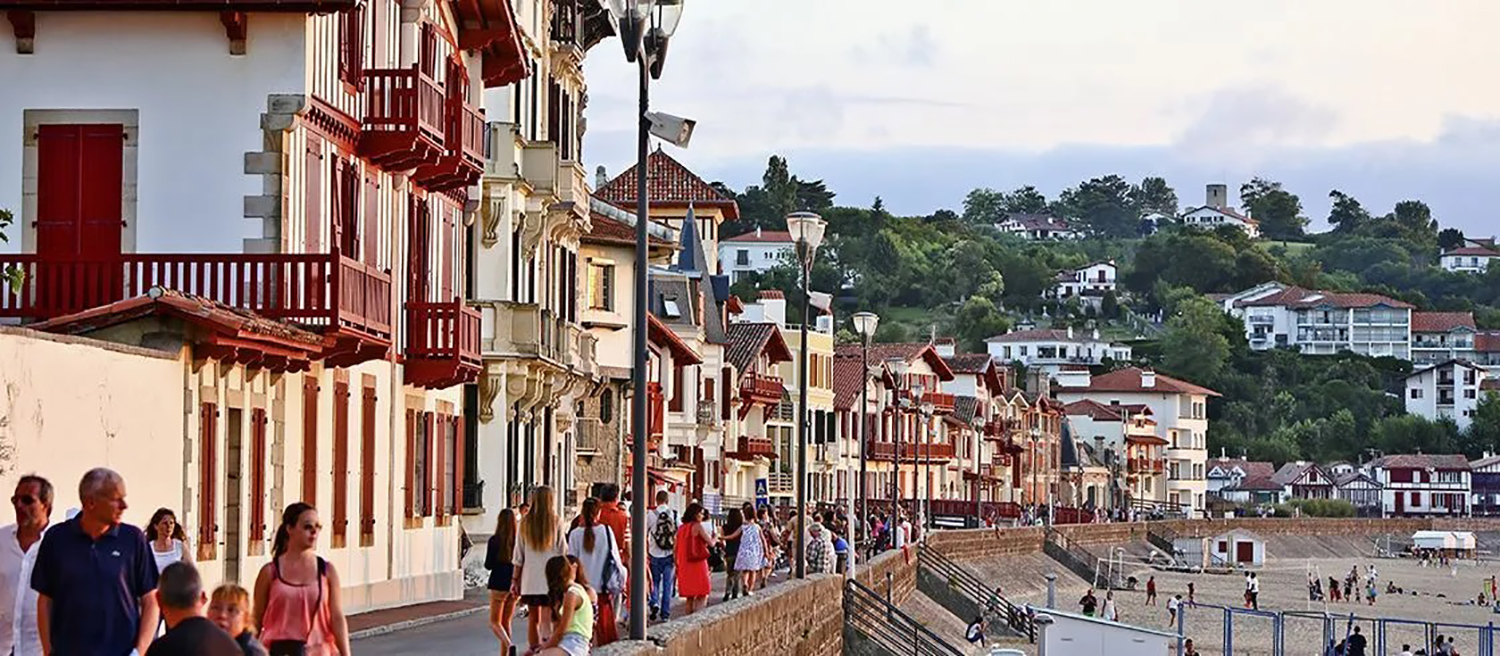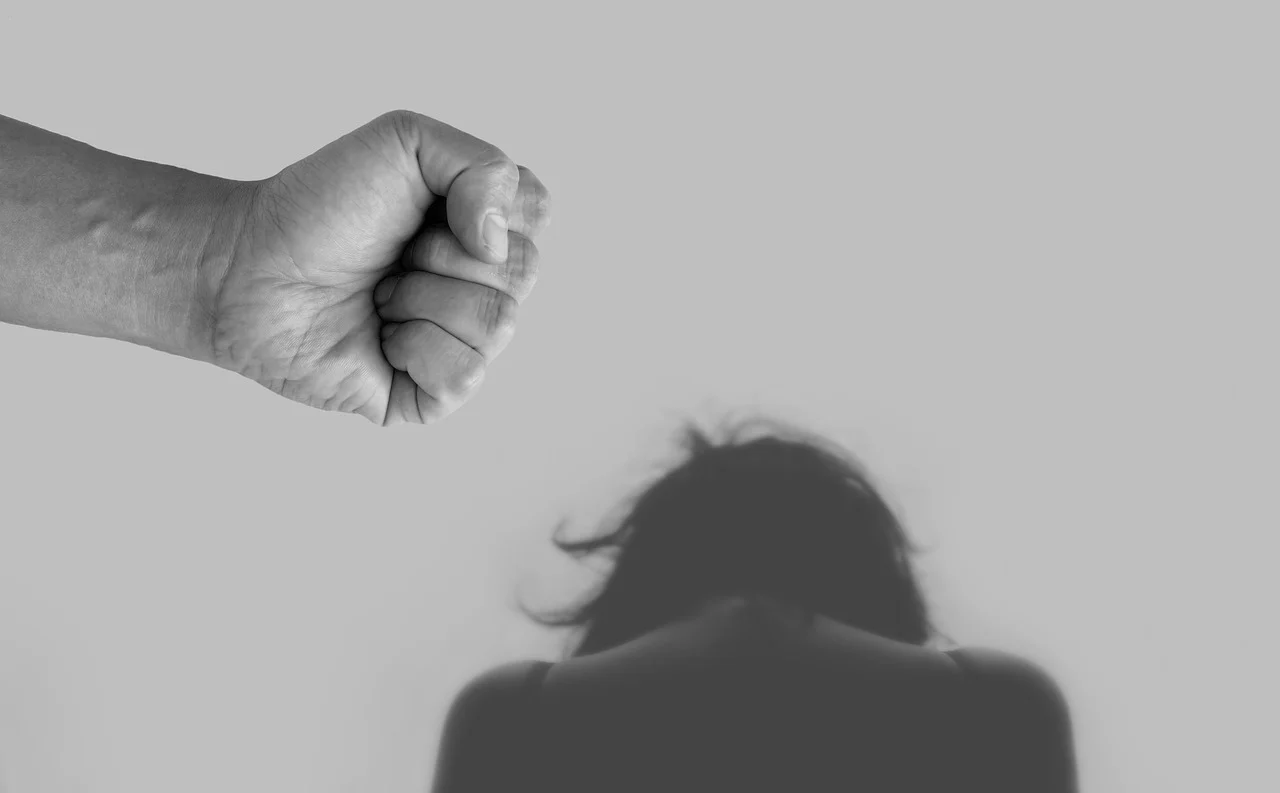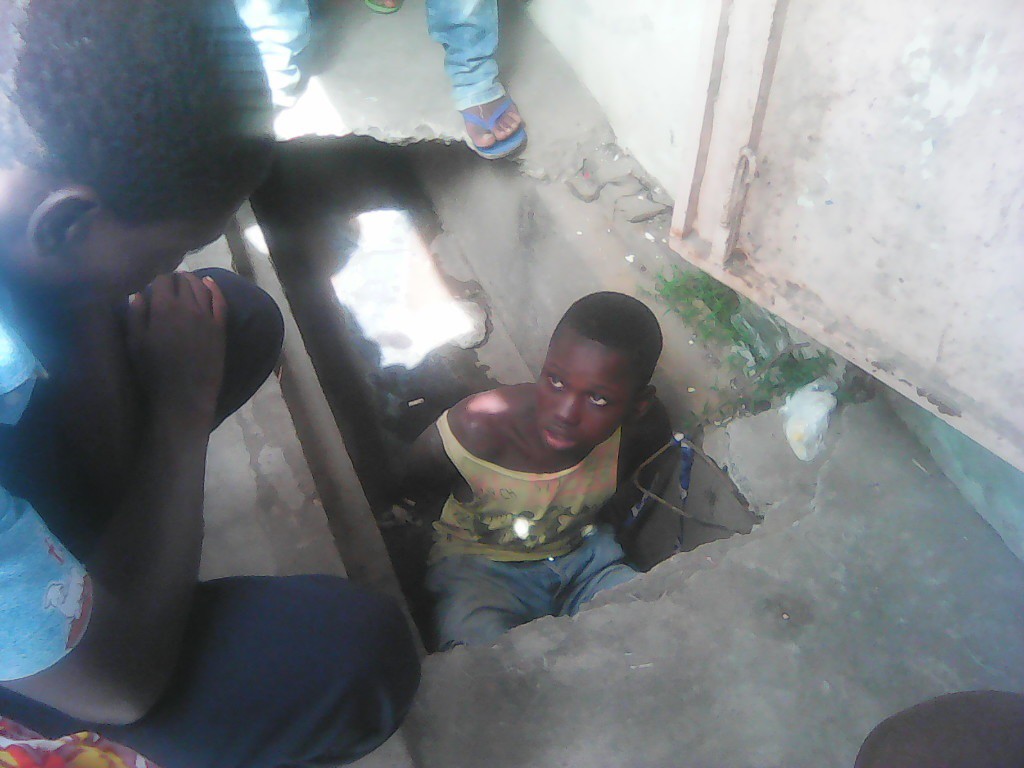"Crime is a social construction, the result of punctual agreements"
- He's not a lawyer, he's not a criminologist, but he analyzes crime from a sociological point of view. He currently works at the Public University of Navarra, with the economic difficulties generated by his academic activity. At the Spiar and Punish Days organized by Katakrak of Pamplona we learned about Zuloaga's last work: The mirage of citizen security. Keys to their presence on the political agenda (The illusion for the security of the city. Keys to their presence on the political agenda).

He says our perceptions of safety are wrong.
To be able to say that, I've spent years researching the subject. I've put it all together in this book, after all, it's a cheated version of my PhD thesis, translated into a more understandable language. I'm talking about the illusion of citizen security, which is what worries me most: What is the relationship between people's sense of fear and crime rates? My hypothesis from the outset has been that this sense of insecurity has nothing to do with the number of crimes, which is what has been built.
Do you mean somebody decides that we have to have a sense of fear?
I would like to say that different actors are involved in the construction of insecurity. We feel fear when our close social environment alerts us to possible risks: “Close the windows well, lately there are many burglaries” or “don’t spend yourself at night, because there may be violations.” This creates a sense of fear. In addition, there are media that often bring crime chronicles into the various facets of the facts, which exacerbates the problem. Finally, as I have already warned my intuition, there is an influence from political parties: from the beginning I realised that their influence is greater than was thought, much greater than that of the media.
How did you realize that?
The reform of the Spanish Penal Code was approved in 2003. It was particularly hard when it came to the application of the sentence. The reactions to it were, above all, through law. However, there was no sociological analysis or analysis of the sociopolitical context in which they occurred. What was the reason for this hardening? How important were the media, political parties and crime rates.
Then you had the opportunity to confirm your thesis.
That's right. I studied crime rates and at that time the Spanish State had one of the lowest rates in the European Union. The tightening of the Penal Code could not be due to the increase in the number of crimes. I studied the media and, in particular, the 11,500 titles published on the subject. Then I realized that the influence of the media had to be nuanced, because sometimes the laws that derive from the titles are made, but in this case the titles were built according to the legislation.
Why can a political party create insecurity in the citizens?
As I say, in this analysis I realized that the political parties had been ahead. It was a big surprise to me. In 2000, Zapatero assumed leadership within the PSOE, at a time when the party was very weak. In this context, it launched the same strategy that had worked in other countries. In the UK, Tony Blair raised the issue of citizen security as one of the priority issues of the Labour Party, demonstrating that the Left could better manage the problem than the Right. Zapatero did something similar and then started putting security in the middle. In 2003, pp endorsed the issue, and the PSOE left control in the hands of the right. It can be summarized in the following words of Aznar: “We will eliminate crime from the streets.”
At that time, pp had many fronts open.
Yes, I was in a very difficult situation. The Prestige case was in full swing and also the rise of critical mass against the Iraq war. Pp raised the banner of the fight against crime and, assuming leadership in this area, tightened the Penal Code in cases of crime, terrorism and sexual violence. Since then, the Spanish state has one of the toughest laws in Europe, with a low crime rate and a rigid code. For the same crimes, he spends a long time here in jail. Crimes are paid at a very high price.
What is the current picture after tightening up the Penal Code for the umpteenth time?
The latest reform of the Penal Code recently approved in the Spanish State came after the resignation of former Minister of Justice, Alberto Ruiz-Gallardón. Rafael Catalá took over after making a mistake with the abortion law and gradually sold us all kinds of hardening policies and new sanctions. The last impulse they gave it was the issue of terrorism that they find so profitable. Let us remember that this reform was proposed by Gallardón himself and was not well received in law. But opportunity is an opportunity. After the events in Paris, the laws will become even tougher. But basically, what is the relationship between the real threat and the feeling of insecurity? Crime is a social construction, the result of punctual agreements.
“Oro har, kontserbadoreak ez diren indar politikoek ez dute kartzelari alternatiba emango dion eredurik proposatzen delituaren aurrean. Azkeneko hauteskundeetan programa politikoak aztertu nituen eta inork ez zuen alternatibarik proposatu. Ez dut eredurik aurkitu ezkerreko alderdi politikoetan, eta existitu existitzen dira irtenbide ez-zigortzaileak”.
Ostegunean Bilboko Otxarkoaga auzoan izandako hilketak, auzoaren segurtasunaren inguruko eztabaida piztu du. Zenbait hedabidek eta pertsonek zabaldu duten ikuspegiarekin ez dago ados Karlos Renedo Otxarkoagako herri mugimenduko kidea.
Ana Morales itzultzaileak asteburuan gertatu zitzaion gertaera baten berri eman du Twitterren. Iruzurgile bat dabilela, nafarra itxuraz, euskarazko iruzur nahiko landu batekin Bizkaiko herrietan bueltan. Beste txiolari batzuek ere topatu dute pertsonaia.























